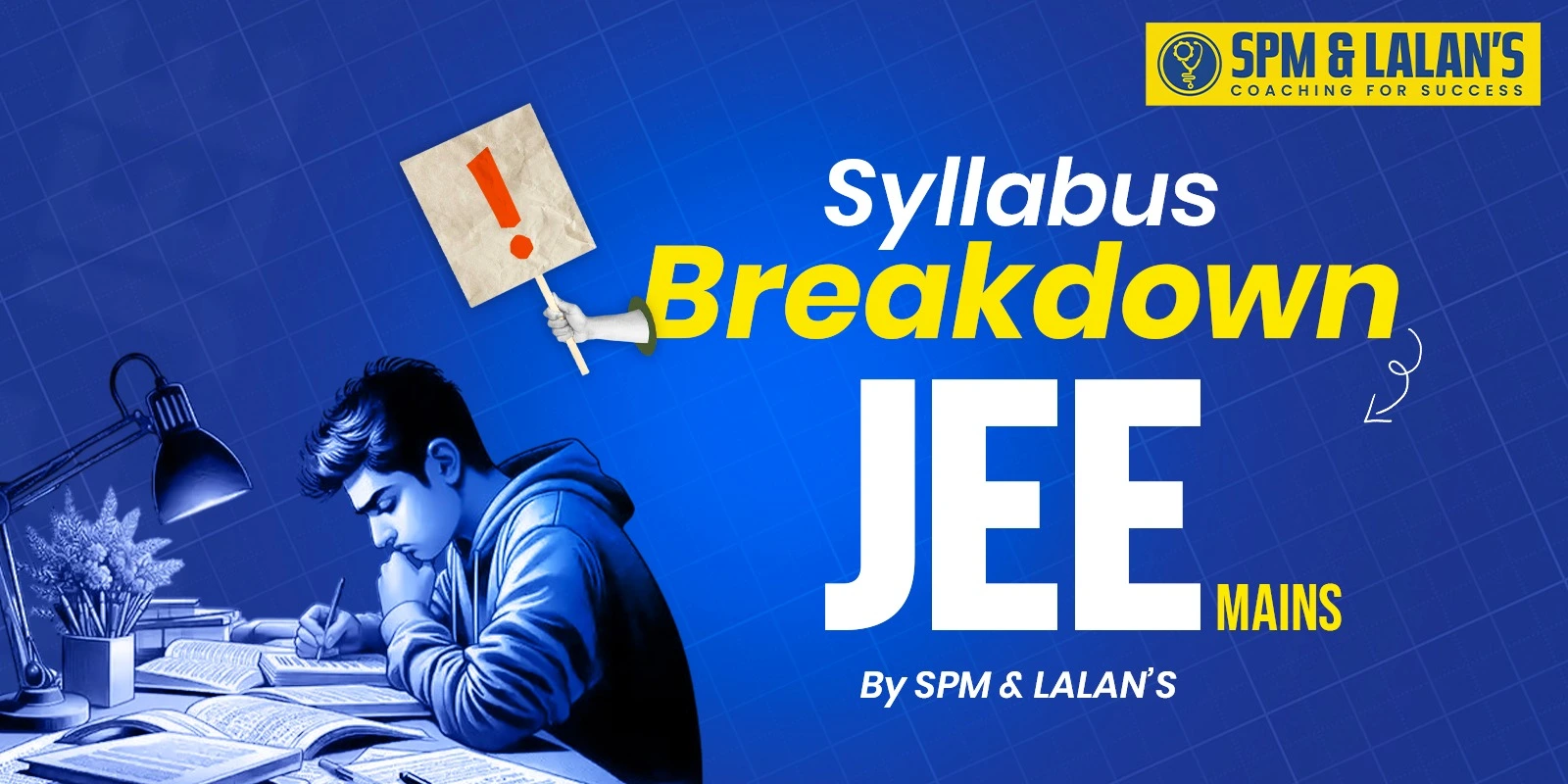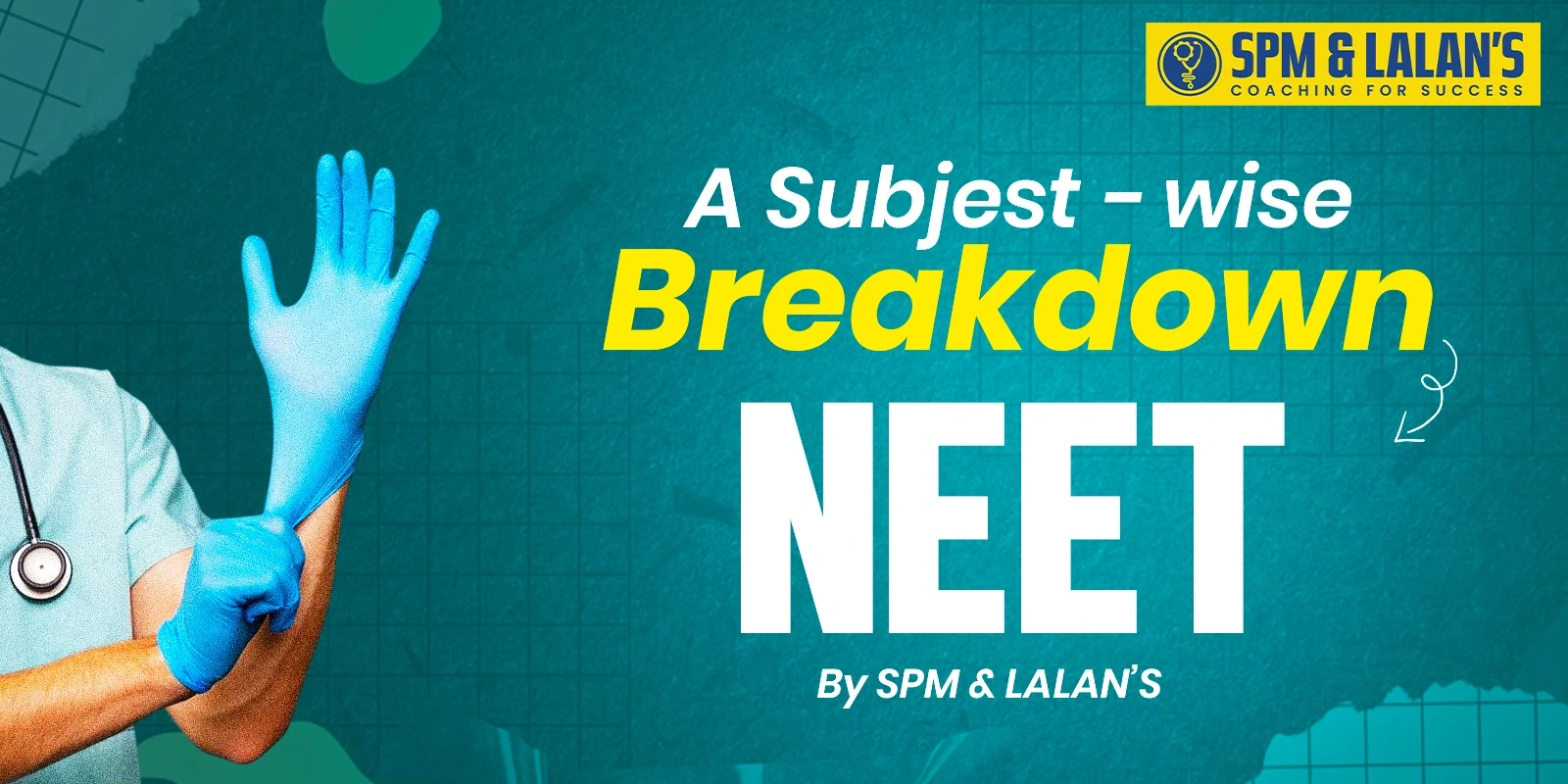If you are Confused about JEE Main vs JEE Advanced? You’re not alone! Let’s clear up all the confusion and help you chart your path to engineering success.
Hey Future Engineers! Let’s Talk JEE
Picture this: You’re sitting in your Class 11 physics class, and your teacher mentions “JEE.” Suddenly, everyone is talking about JEE Main this and JEE Advanced that. Your head starts spinning with questions:
- Wait, there are two JEE exams?
- Do I need to take both?
- Which one gets me into IIT?
- Is one easier than the other?
Take a deep breath! You are at the right place. By the end of this article, you’ll have crystal-clear answers to all these questions and more. Let’s understand the differences between JEE Main and JEE Advanced.
The Big Picture: JEE Main vs JEE Advanced at a Glance
Think of JEE Main and JEE Advanced like this: JEE Main is your entry ticket to the world of premier engineering colleges, while JEE Advanced is your VIP pass to the most exclusive club – the IITs.
Here’s everything you need to know in one handy comparison:
| Aspect | JEE Main | JEE Advanced |
| What’s it for? | Gateway to NITs, IIITs, and 1000+ engineering colleges | Exclusive entry to IITs |
| Who conducts it? | National Testing Agency (NTA) | IITs (on rotation) |
| How often? | Twice a year (January & April) | Once a year (May) |
| Who can appear? | Class 12 pass with PCM | Top 2.5 lakh JEE Main qualifiers |
| How many attempts? | 6 attempts (over 3 years) | 2 attempts (in consecutive years) |
| Age limit? | No age limit | Must be born after Oct 1, 2000 |
| Exam duration | 3 hours | 6 hours (two 3-hour papers) |
| Languages | 13 languages | English & Hindi only |
| Difficulty | Moderate (speed + accuracy) | High (deep concepts + analysis) |
What Exactly Are These Exams For?
JEE Main: Your Gateway to Engineering Excellence
JEE Main is like the master key that opens doors to over 1,000 engineering colleges across India, including:
- NITs (National Institutes of Technology) – Think NIT Trichy, NIT Warangal
- IIITs (Indian Institutes of Information Technology) – Like IIIT Hyderabad, IIIT Bangalore
- State and Central Funded Technical Institutes
- Many reputed private colleges
But here’s the kicker: JEE Main also serves as your qualifying exam for JEE Advanced. No JEE Main qualification = No JEE Advanced attempt!
JEE Advanced: The Ultimate IIT Gateway
JEE Advanced has one job and one job only: to get you into an IIT. That’s it. This exam is conducted by the IITs themselves, and it’s the only way to get admission into these prestigious institutions.
Breaking Down the Exam Patterns
JEE Main Structure
JEE Main is straightforward but requires smart time management:
Paper 1 (B.E./B.Tech):
- Subjects: Physics, Chemistry, Mathematics
- Question Types: Multiple Choice Questions (MCQs) + Numerical Value Questions
- Marking: +4 for right answer, -1 for wrong (MCQs only)
- Duration: 3 hours
Paper 2A & 2B: For Architecture (B.Arch) and Planning (B.Planning) students
Pro Tip: The key to JEE Main success? Speed + Accuracy. You need to solve questions quickly without making silly mistakes.
JEE Advanced Structure
JEE Advanced is where things get seriously challenging:
Two Compulsory Papers (Paper 1 & 2):
- Subjects: Physics, Chemistry, Mathematics (but much deeper)
- Question Types: MCQs, Integer Type, Matrix Matching, Assertion-Reasoning
- Marking: Varies by section (some questions have partial marking)
- Duration: 6 hours total (3 hours each paper)
Reality Check: JEE Advanced isn’t just about knowing formulas – it tests your ability to think, analyze, and apply concepts in complex scenarios.
Syllabus: How Different Are They?
JEE Main Syllabus
- 100% based on NCERT Class 11 & 12
- Covers fundamental concepts
- Direct application of formulas and theorems
JEE Advanced Syllabus
- Includes everything from JEE Main
- Plus, additional depth in each topic
- Extra topics, especially in Physics and Mathematics
- Requires understanding of interconnected concepts
Think of it this way: If the JEE Main syllabus is like learning to drive a car, the JEE Advanced syllabus is like learning to race in Formula 1!
The Difficulty Factor: What You’re Really Up Against
| Challenge Level | JEE Main | JEE Advanced |
| Speed Requirement | HIGH – Race against time | Moderate – Think deeply |
| Concept Depth | Basic to Moderate | Very Deep |
| Problem Complexity | Straightforward application | Multi-concept integration |
| Success Strategy | Time management + accuracy | Conceptual mastery + strategy |
JEE Main Reality Check
- Questions are direct and formula-based
- Time pressure is your biggest enemy
- NCERT mastery can get you a great score
JEE Advanced Reality Check
- You can see the connections between questions with multiple concepts.
- Here, your thinking ability matters more than your speed.
- Requires deep visualization and problem-solving skills
Who Can Take These Exams?
JEE Main Eligibility (Pretty Relaxed!)
- Passed Class 12 or appearing in the current year
- Must have Physics, Chemistry, and Mathematics
- No age limit (yes, you read that right!)
- 6 attempts over 3 years
JEE Advanced Eligibility (Quite Strict!)
- Must be among the top 2.5 lakh JEE Main qualifiers
- Passed 12th in the current or previous year
- Maximum 2 attempts in consecutive years
- Age limit: Born on or after October 1, 2000
- Must meet specific board percentage criteria
Bottom Line: JEE Main is accessible to everyone, but JEE Advanced is exclusive to top performers.
Where Will These Exams Take You?
Your College Options
| College Type | Need JEE Main? | Need JEE Advanced? |
| IITs | No | Must have |
| NITs, IIITs | Must have | No |
| Private Engineering | Many accept | No |
Career Reality Check:
- A good NIT can offer opportunities just as good as IITs in many fields
- Top NITs like Trichy, Warangal, and Surathkal have excellent placement records
- Your success depends more on what you do in college than on which college you attend
Also Read: Top Government Colleges Accepting JEE Main Scores | Top Engineering Colleges Accepting JEE Main Score
So, Which Exam Should You Focus On?
Focus Primarily on JEE Main if:
- You’re targeting NITs, IIITs, or top private colleges
- You prefer speed-based problem solving
- You want multiple attempts and flexibility
- You’re confident in NCERT-level concepts
Prepare for Both if:
- IIT is your dream (non-negotiable requirement)
- You enjoy complex, analytical problems
- You have strong conceptual foundations
- You’re ready for intense preparation
Strategic Advice:
Start with JEE Main preparation. If you’re consistently scoring well and enjoy challenging problems, then add JEE Advanced prep to your routine.
Proven Strategies to Crack Both Exams
Foundation Building (Months 1-6)
- Master NCERT completely – This is non-negotiable for JEE Main
- Build concept maps – Connect related topics in Physics and Chemistry
- Practice basic problems daily – 20-30 problems per subject
- Maintain formula sheets – Quick revision is crucial
Acceleration Phase (Months 7-12)
- Take weekly mock tests – Time management is everything
- Solve Previous Year Questions – At least 10 years for each exam
- Identify weak areas – Spend extra time on these topics
- Join peer study groups – Explaining concepts helps retention
Final Sprint (Last 3 Months)
- Daily mock tests for JEE Main
- Revision cycles – Complete syllabus every 15 days
- Stress management – Meditation, exercise, proper sleep
- Exam strategy planning – Which questions to attempt first
Advanced-Specific Tips
- Visualize problems – Draw diagrams for Physics problems
- Practice mental math – A Calculator isn’t allowed
- Study advanced topics – Go beyond NCERT for certain chapters
- Analyze your mistakes – Understand why you got questions wrong
Common Myths vs Reality
Myth 1: “JEE Advanced is impossible to crack.”
Reality: If you are wondering about the possibility of qualifying for this exam, don’t ignore the brighter side of the reality. Thousands of students crack it every year. With proper preparation and strategy, it’s achievable.
Myth 2: “Only coaching institute students can succeed.”
Reality: Self-study with the right resources can be just as effective. Many toppers are self-taught.
Myth 3: “You need to sacrifice everything for JEE.”
Reality: Balance is key in every field. Take breaks, pursue hobbies, and maintain friendships. Mechanical studies can’t help you anywhere.
Myth 4: “If you don’t make it to IIT, your career is over.”
Reality: Success has many paths. Top NITs, IIITs offer excellent career opportunities.
Your Action Plan: Next Steps
If You’re in Class 11:
- Strengthen your basics – Focus heavily on the NCERT
- Start with JEE Main-level problems
- Take one mock test monthly to track progress
- Explore your interests – Which branch of engineering excites you?
If You’re in Class 12:
- Intensify your preparation – 6-8 hours of focused study
- Take weekly mocks for both exams
- Complete the previous year’s papers
- Have backup options – Research good colleges at different JEE Main ranks
For Both:
- Stay physically active – Exercise boosts brain function
- Maintain a study schedule – Consistency beats intensity
- Connect with mentors – Seniors, teachers, or online communities
- Believe in yourself – Your mindset matters as much as your preparation
Final Words: Your Engineering Journey Starts Here
Here’s the truth: JEE Main and JEE Advanced are not just exams – they’re stepping stones to your engineering dreams.
Whether you end up at an IIT, NIT, IIIT, or any other good engineering college, what truly matters is:
- How much do you learn
- How do you apply your knowledge
- The problems you solve
- The impact you create
Remember:
- Every successful engineer started exactly where you are now
- Your rank doesn’t define your potential
- Hard work, consistency, and smart strategy will get you there
- The journey is just as important as the destination
Ready to Begin Your JEE Journey?
You’ve got this! Start with small, consistent steps. Master one concept at a time. Take it one day at a time. And remember – thousands of students just like you have successfully walked on this path before.
Your engineering adventure starts now. Make it count!



